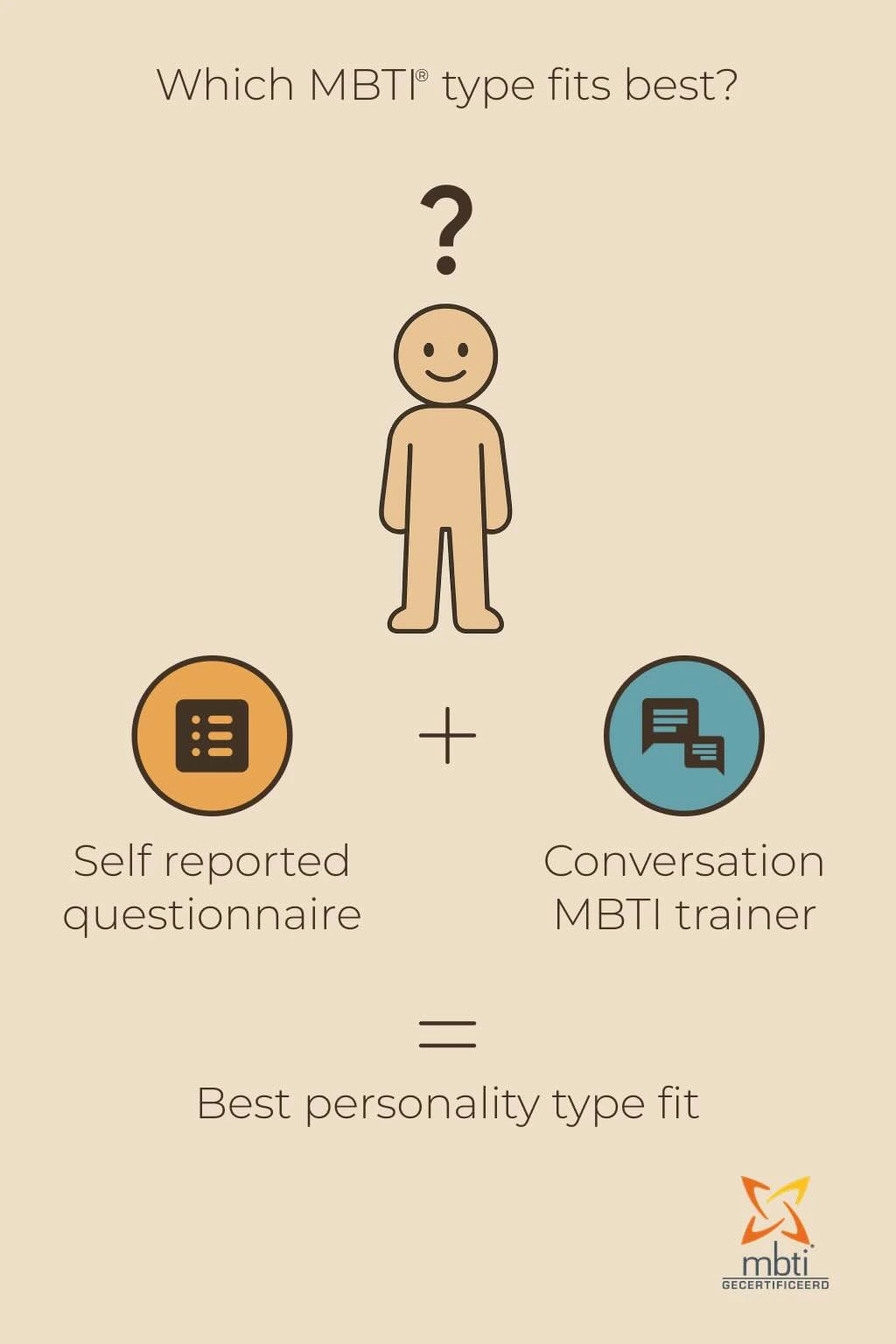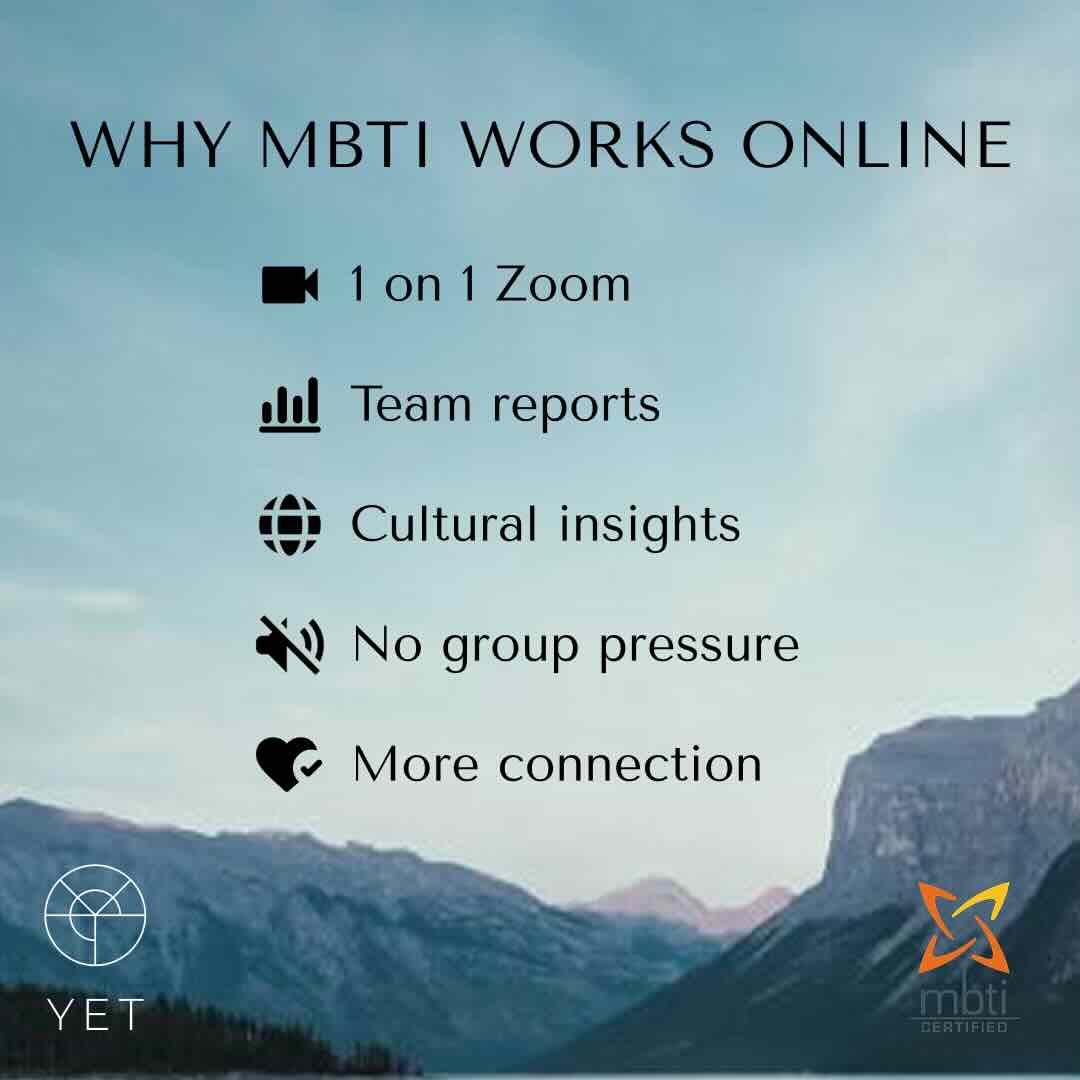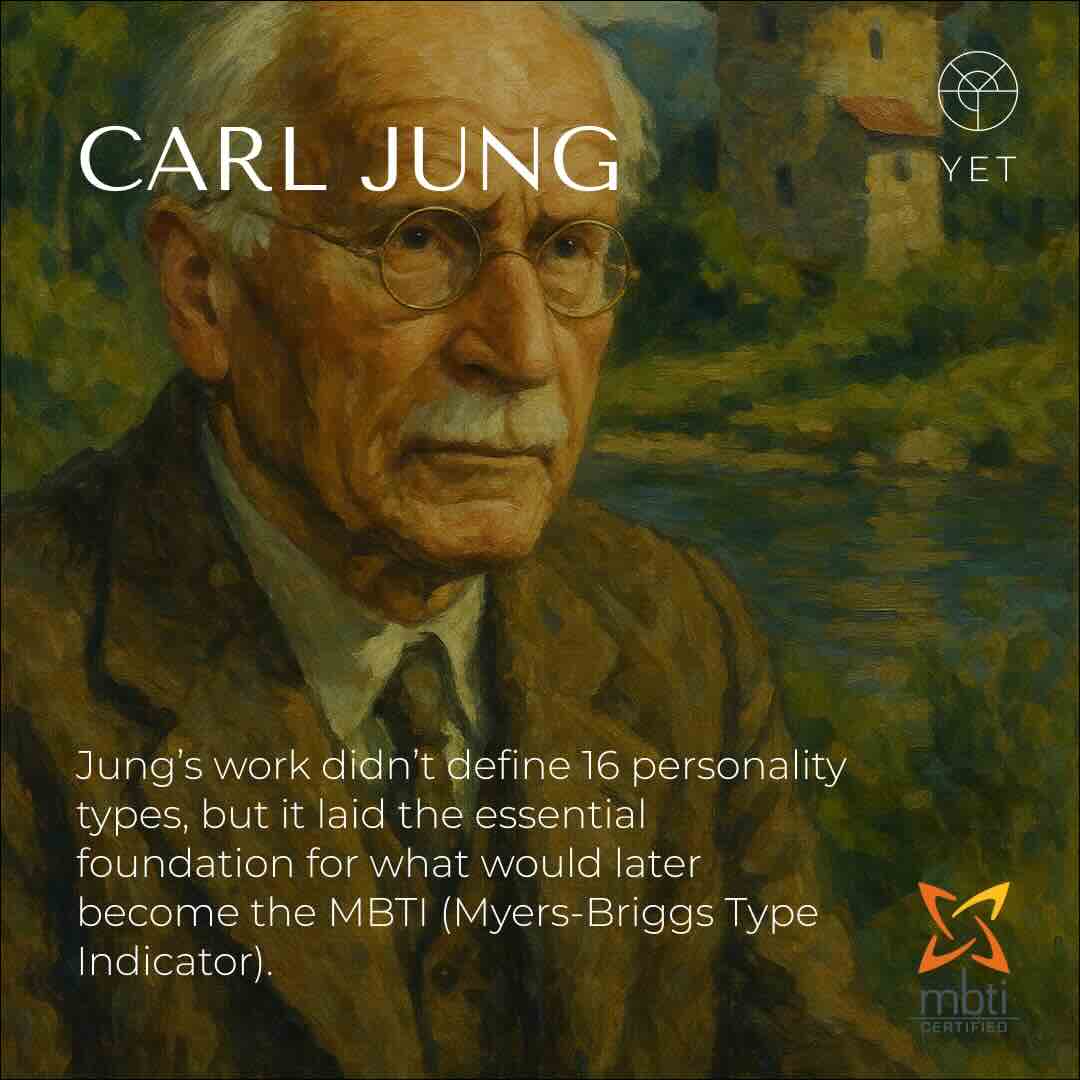The power of personality types to spark connection—and compassion
What’s your MBTI?: A Global Icebreaker
Have you ever been asked, “What’s your MBTI type?”—as casually as someone might ask your name or star sign? In many parts of Asia, especially in South Korea, Japan, and China, this question is everywhere. From dating profiles to workplace team chats, MBTI has become a cultural phenomenon.
And with that rise, a new phrase has entered the spotlight: MBTI Chemistry—the idea that certain personality types just “click” together. Whether in friendships, love, or teamwork, some pairings feel natural, effortless… almost magical.
But what’s really behind this fascination—and what can we in the West learn from it?
MBTI as a Social Shortcut
In many Asian cultures, where harmony and social connection are highly valued, MBTI offers a playful and meaningful way to understand one another. Instead of starting with small talk, people can jump into deeper conversations:
“You’re an ENFP? “Ah, that makes sense!”
It’s more than just fun. It’s a gentle way of saying: “I want to understand you better.”
And that’s the beginning of any real connection.
Romance Meets Type Compatibility
MBTI Chemistry is especially popular in dating culture. In Korea, for example, many dating apps let users filter by MBTI type. People are curious: Which types go best together? Which ones are “golden pairs”?
Some beloved combos include:
- ENFP + INFJ – spontaneity meets depth
- INTJ + ENFP – strategy meets creativity
- ISFP + ENFJ – calm meets warmth
It’s not about rigid rules—it’s about discovering how two people’s minds and hearts might fit together. And if the types don’t match? It’s still a great starting point for conversation, curiosity, and laughter.
Friendship & Self-Discovery
The MBTI wave has swept into fandoms, too. K-pop fans adore knowing the MBTI types of their favorite idols and love guessing which types would make the “best friends.” Even in casual conversations, young people bond over their types and what they say about their values, energy, and quirks.
And perhaps most importantly, MBTI helps many people—especially the younger generation—put words to who they are. In a fast-changing world, personality frameworks can offer comfort, clarity, and a sense of identity.
The Deeper Magic: Acceptance & Respect
So why is this worth paying attention to?
Because behind all the quizzes and type-matching games, “MBTI has the power to build bridges“. When we understand how different people think, feel, and make decisions, something shifts:
We stop judging—and start appreciating.
• The quiet person isn’t cold. They’re simply reflective.
• The outspoken one isn’t pushy. They’re energized by expression.
• The planner isn’t controlling. They find peace in structure.
• The spontaneous one isn’t flaky. They thrive in freedom.
MBTI gives us language to name those differences—not as flaws, but as valuable ways of being.
In a world that often pushes for sameness or misunderstanding, MBTI-invites us to slow down and say:
“You’re different—and that’s not just okay, that’s beautiful.”
Imagine what our teams, families, relationships—and societies—could look like if we all made space for that mindset.
What We Can Learn from Asia’s MBTI Chemistry Craze
In many Western cultures, MBTI is still seen as a nice-to-know tool, often tucked away in HR departments or personality workshops. But in Asia, it’s become a living language for connection.
Maybe it’s time we follow that lead—not by typing people into boxes, but by using MBTI as a door opener to deeper respect, empathy, and collaboration.
Because MBTI Chemistry isn’t about finding a perfect match.
It’s about understanding what drives people—and driving alongside them with more patience and care.
Your Turn: What’s Your MBTI Type?
Have you ever clicked instantly with someone—and later realized your types fit together naturally? Or maybe you’ve struggled with someone whose perspective was totally different?
Let’s talk about it.
Because the more we learn about how others are wired, the kinder and more connected we all become.
Maybe that’s the real chemistry after all.



